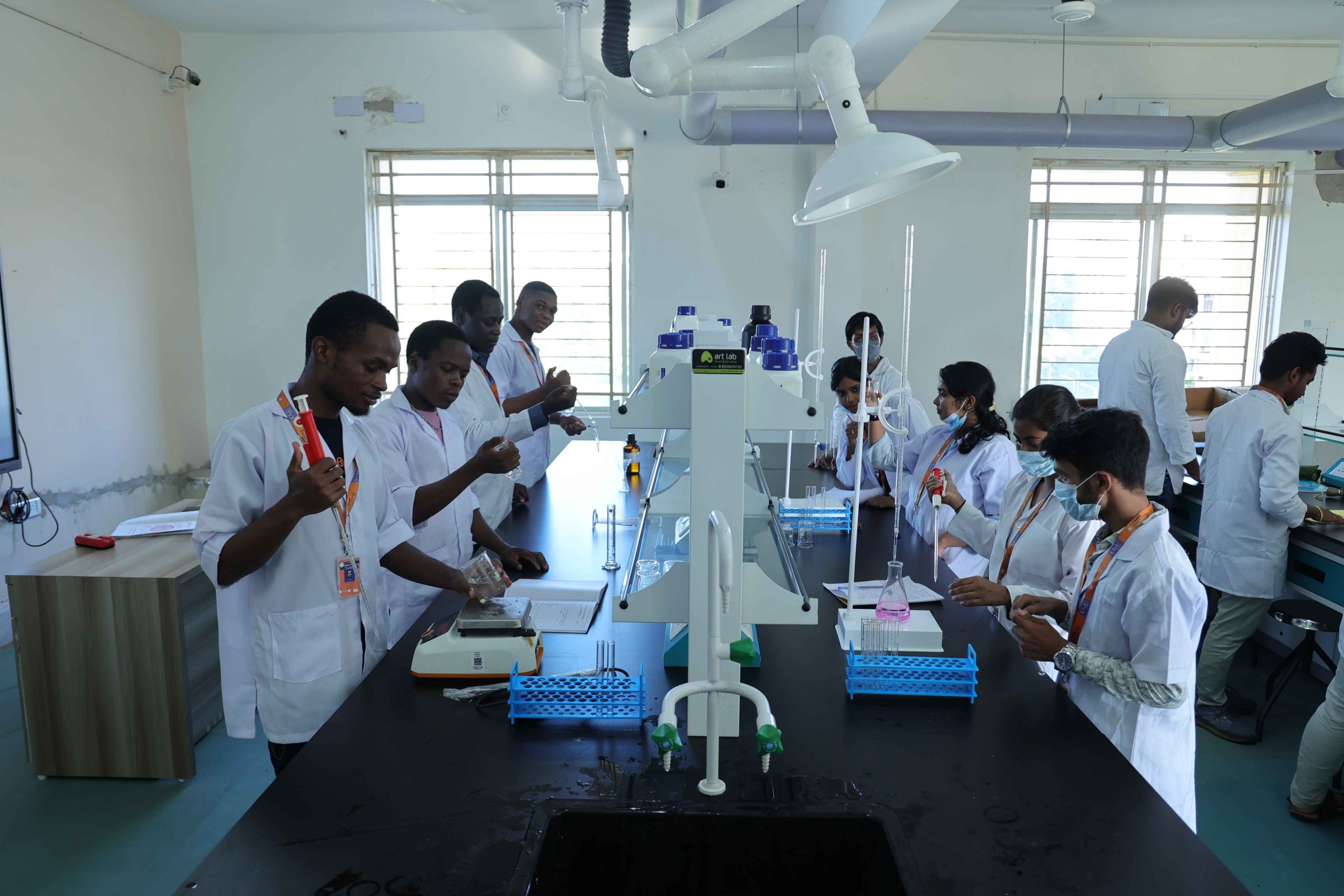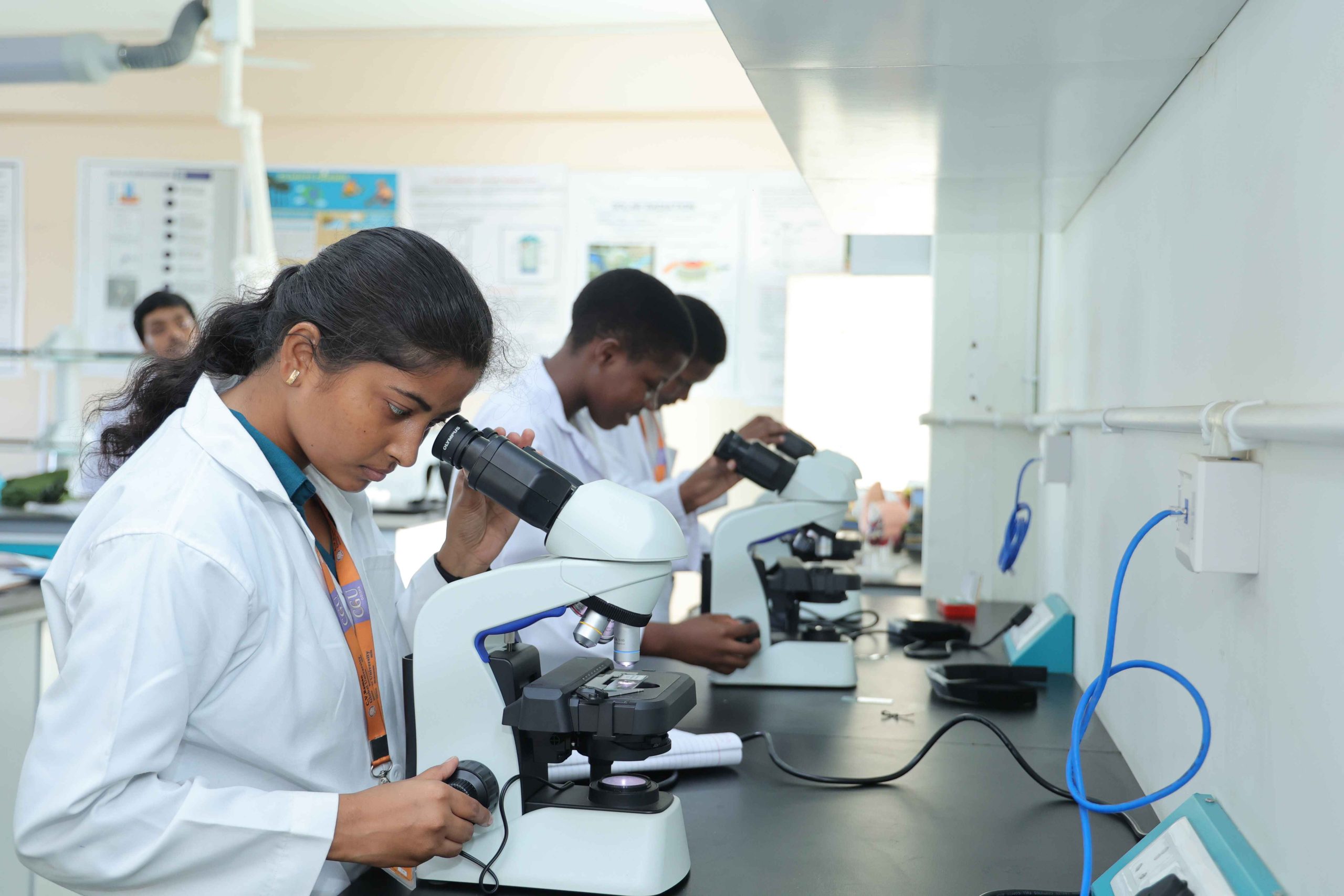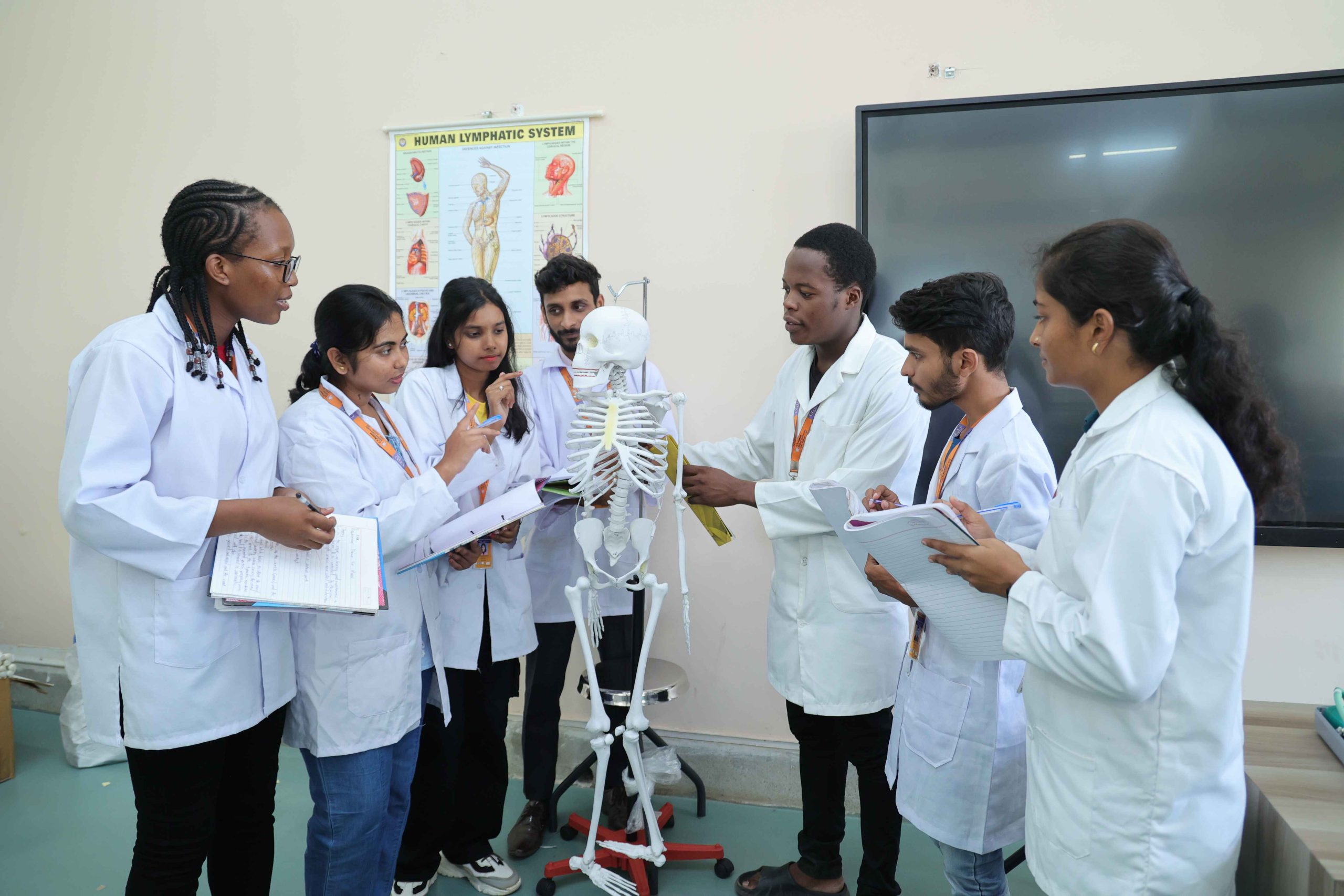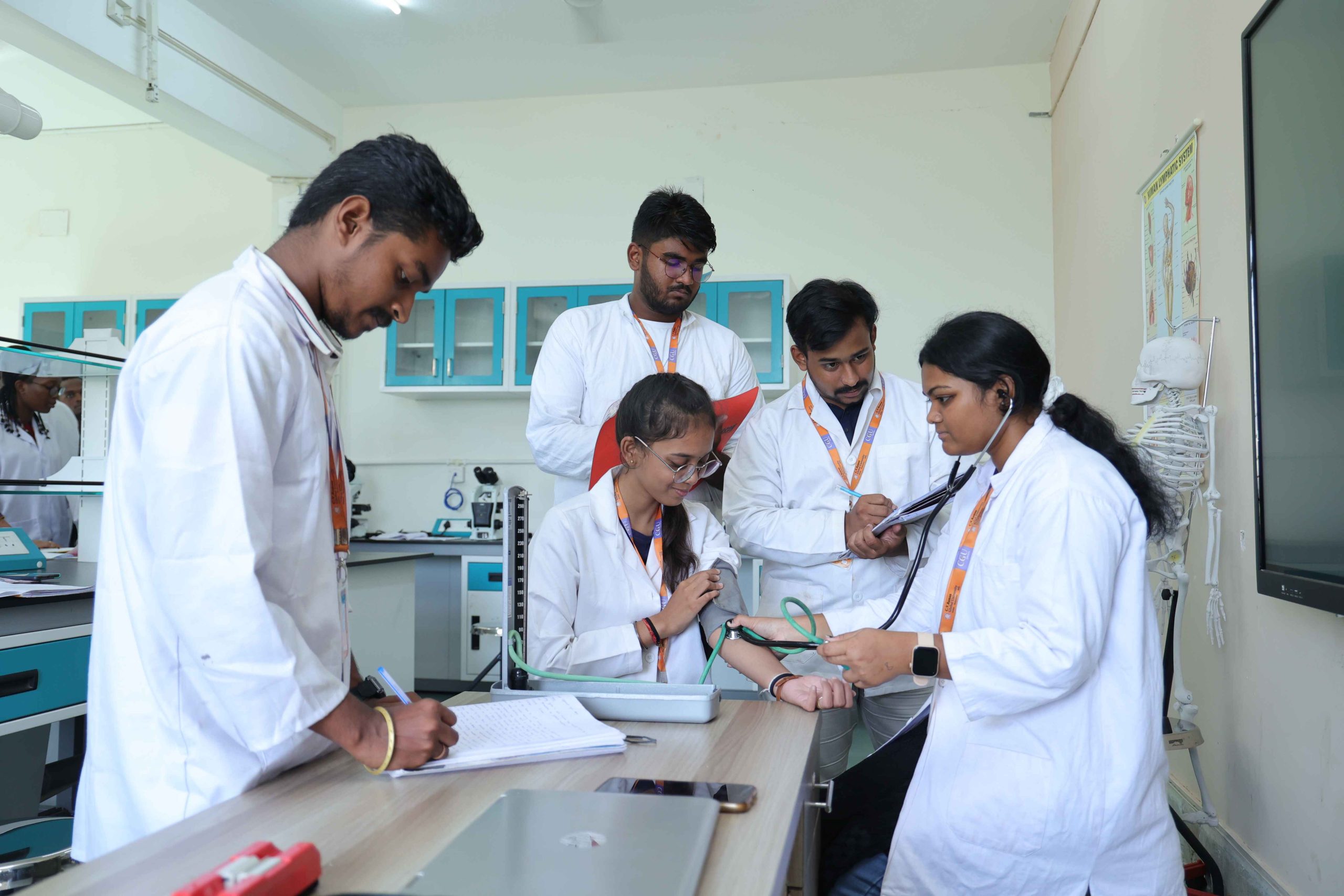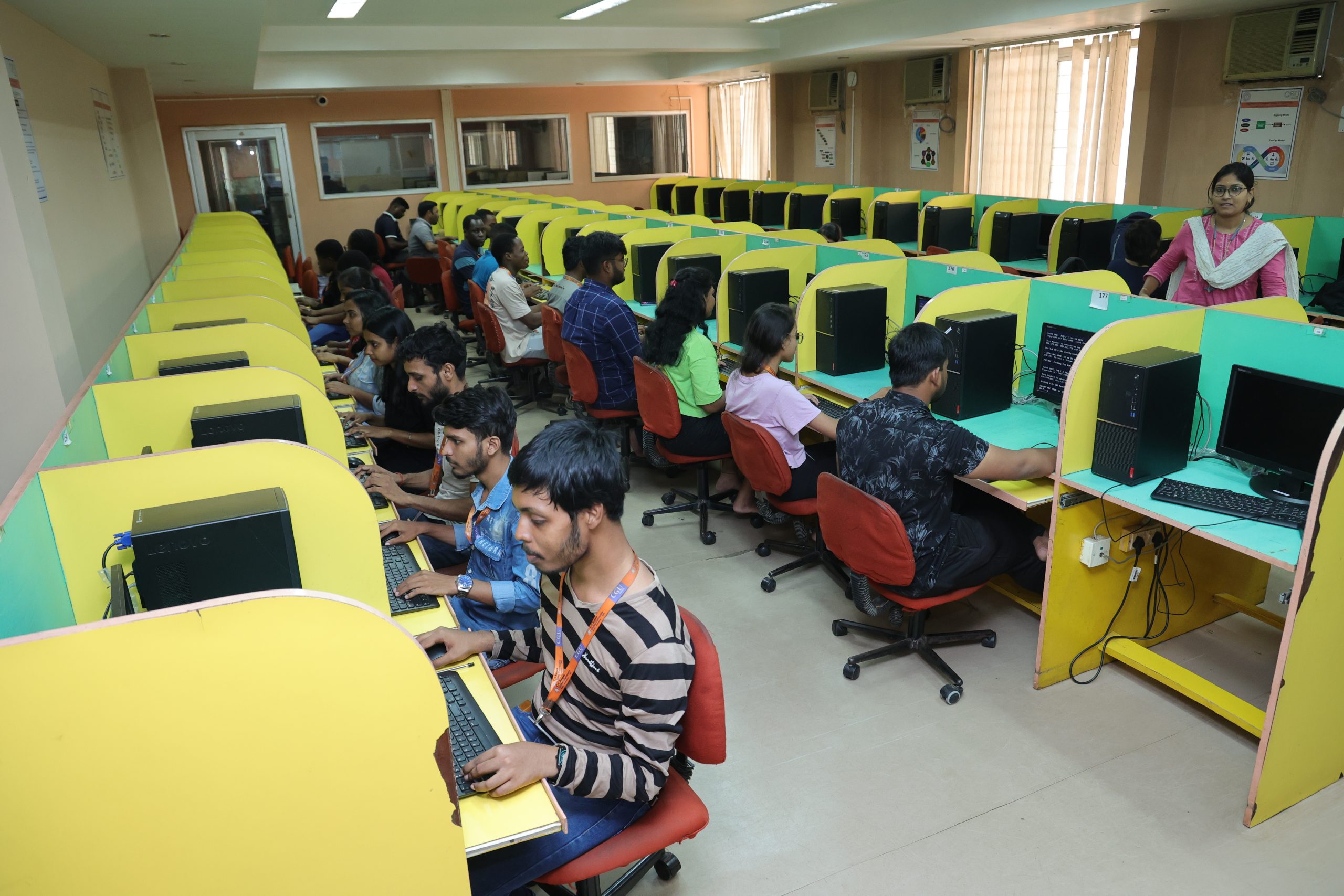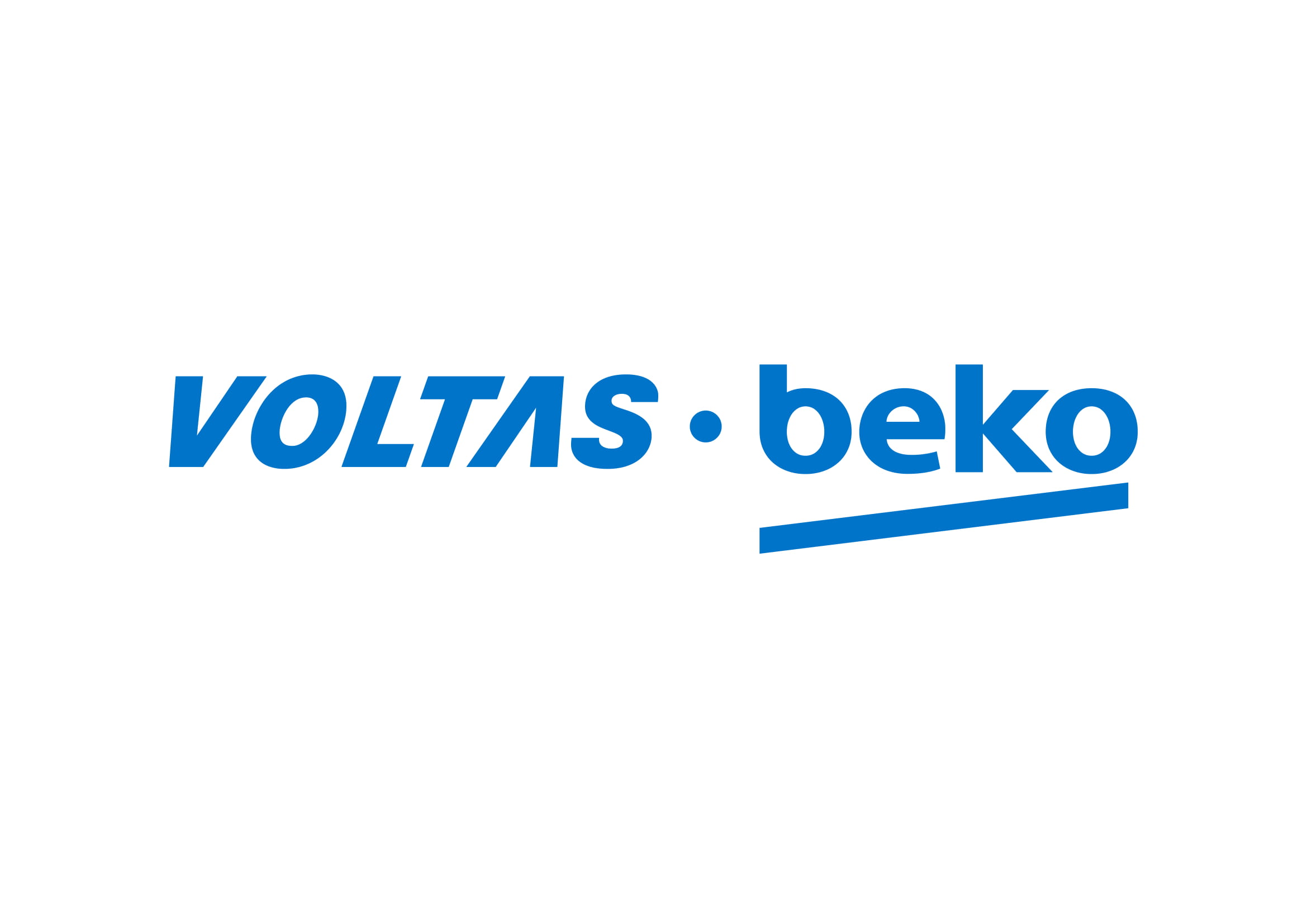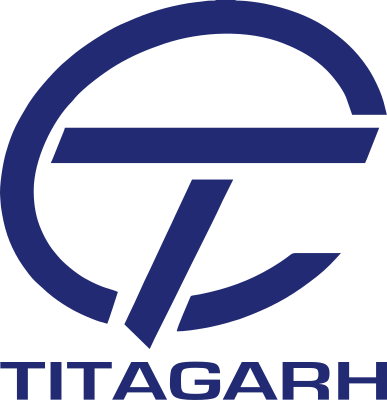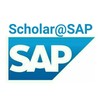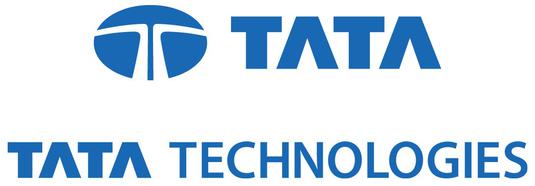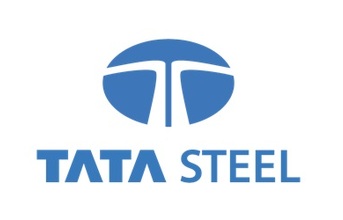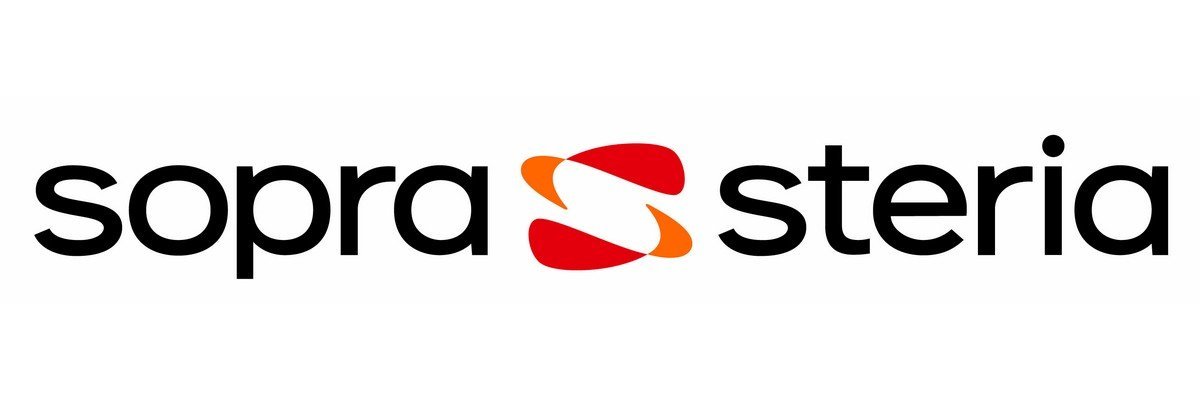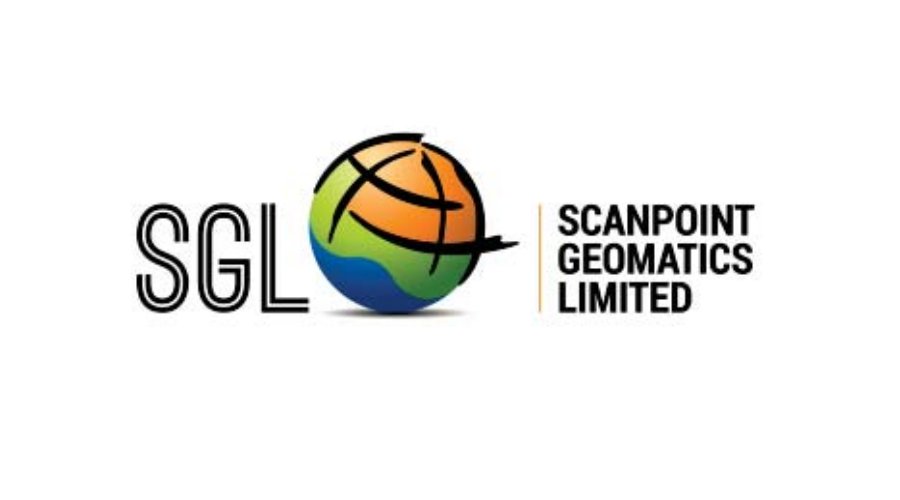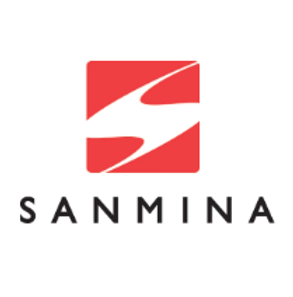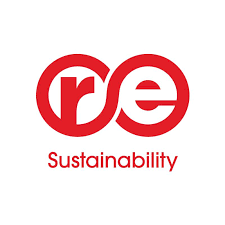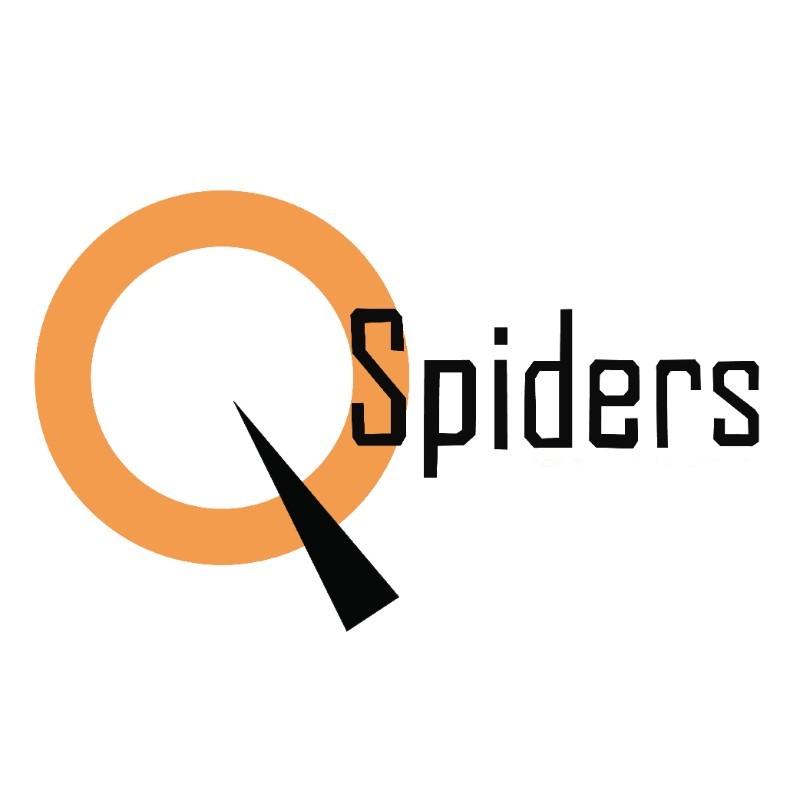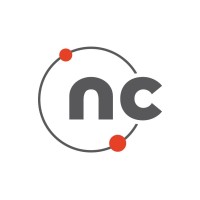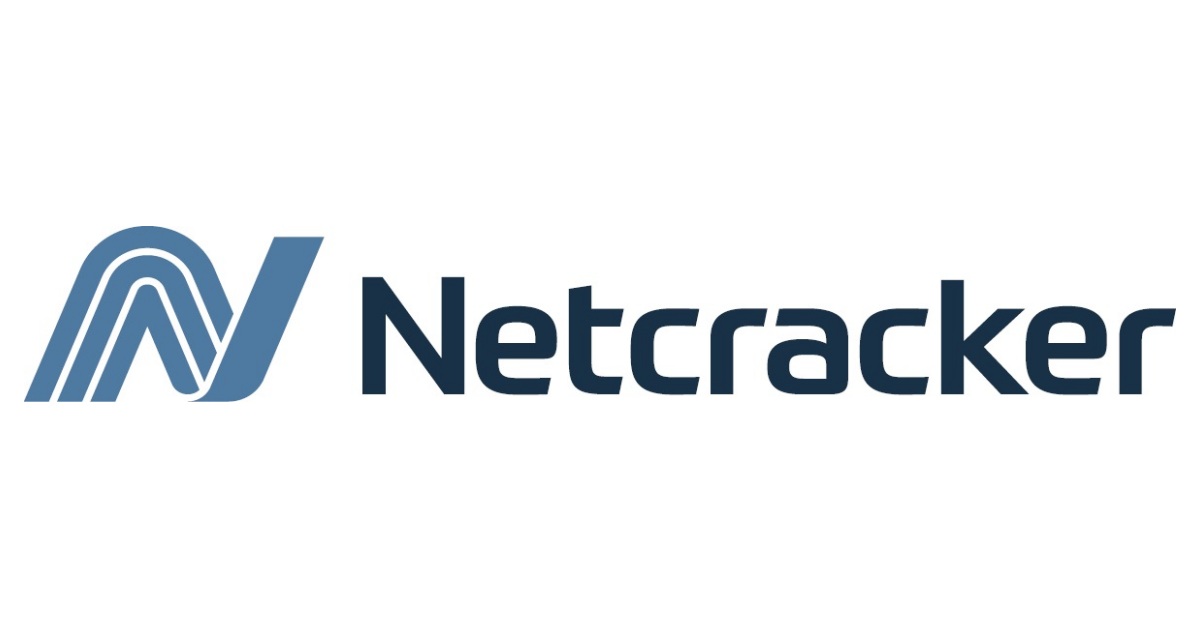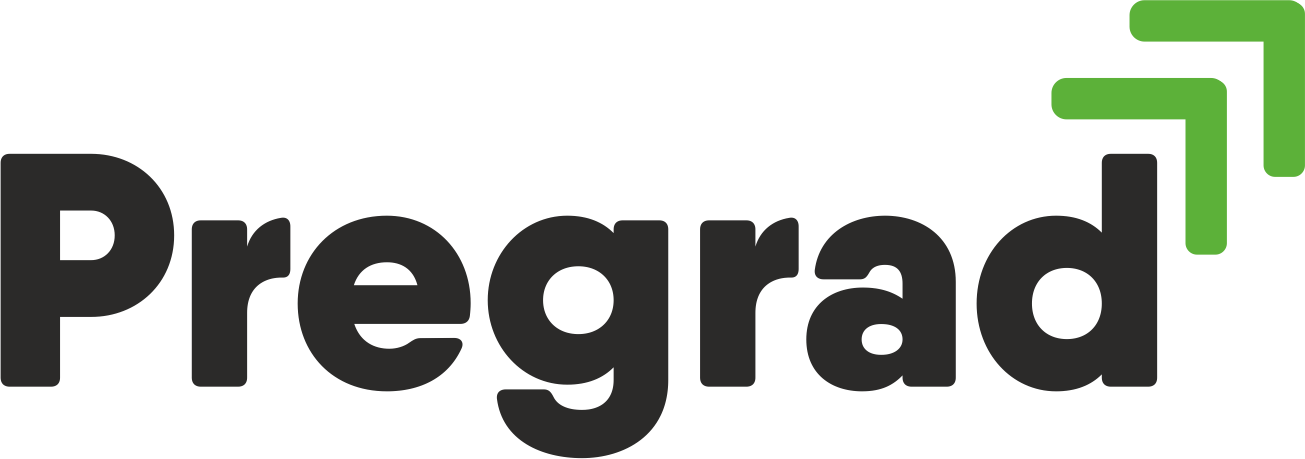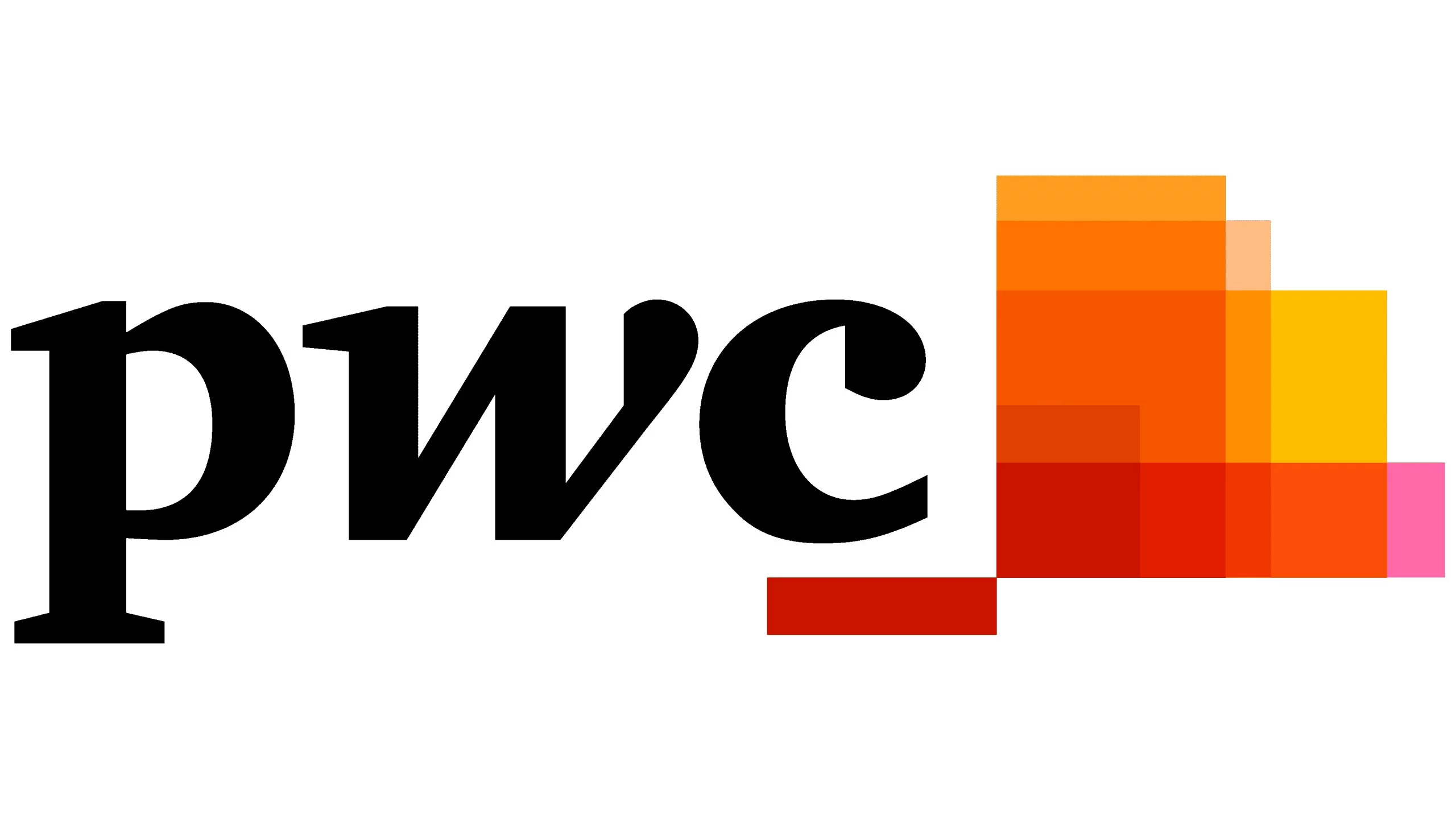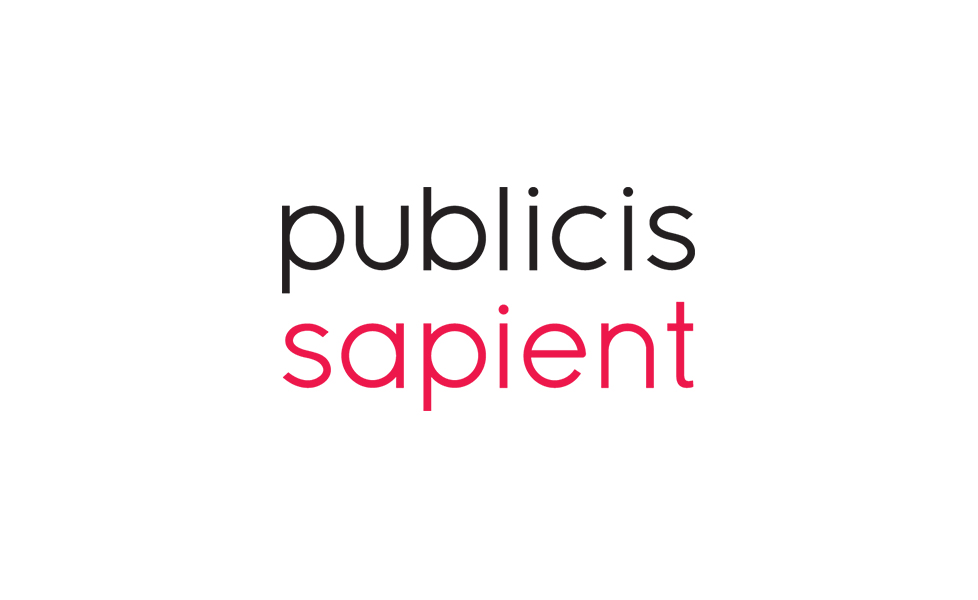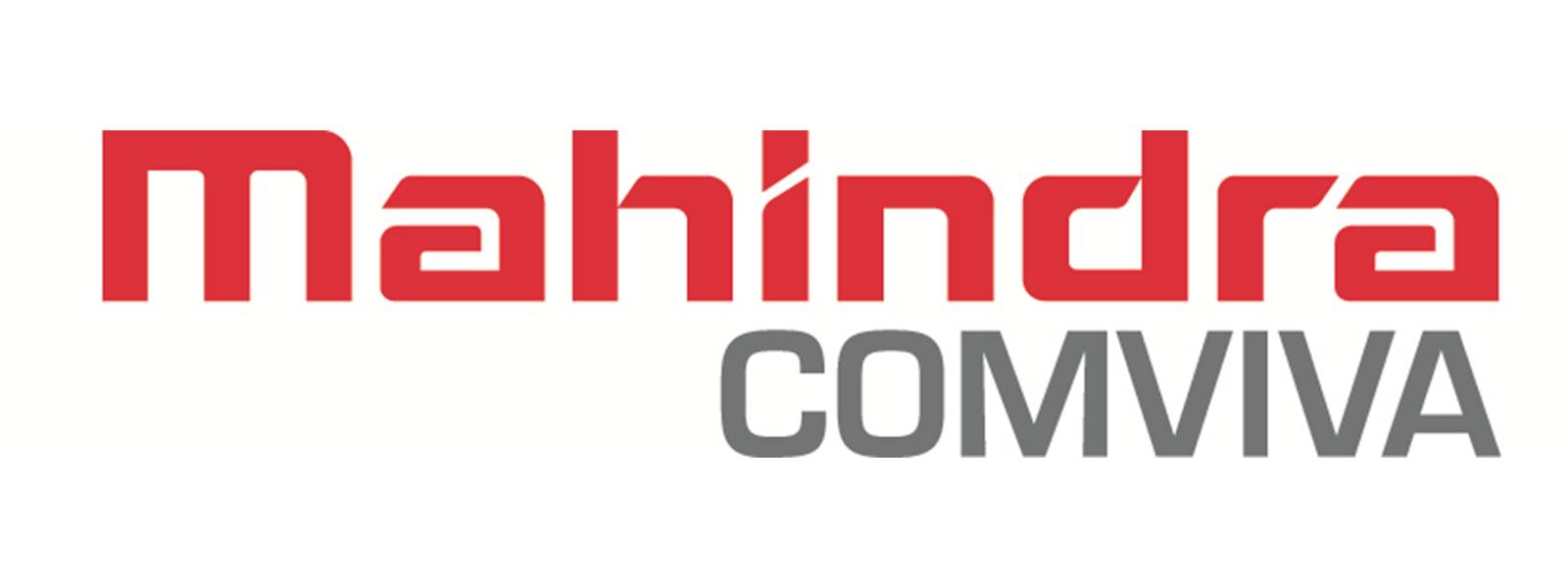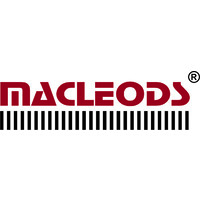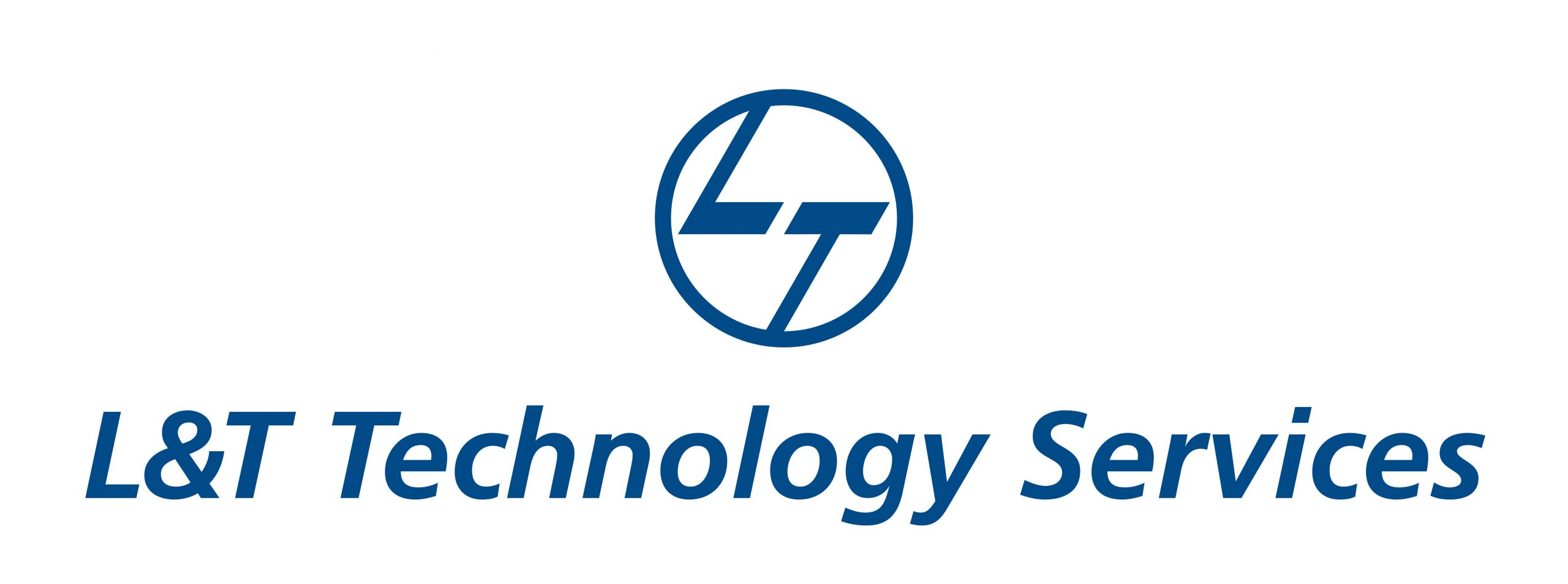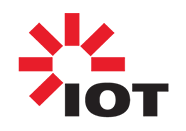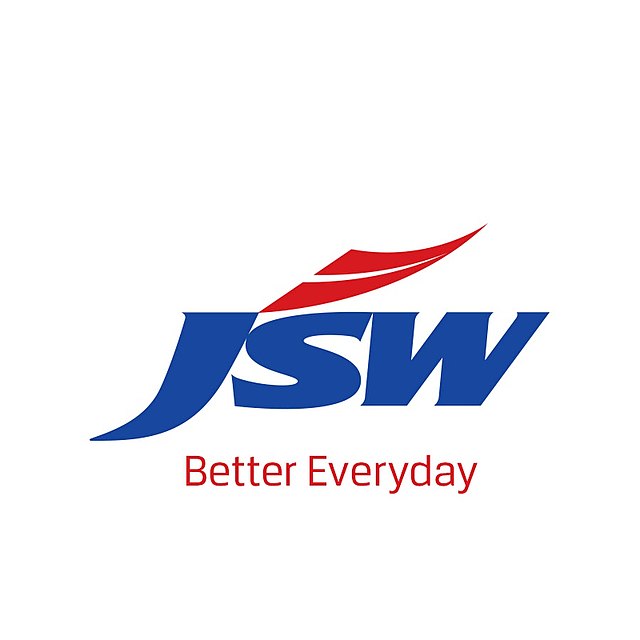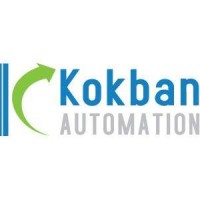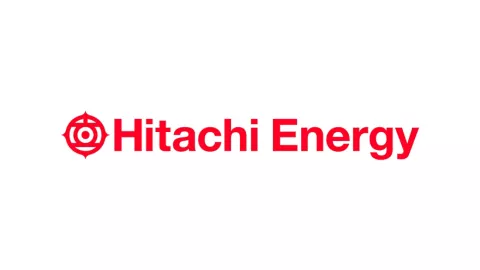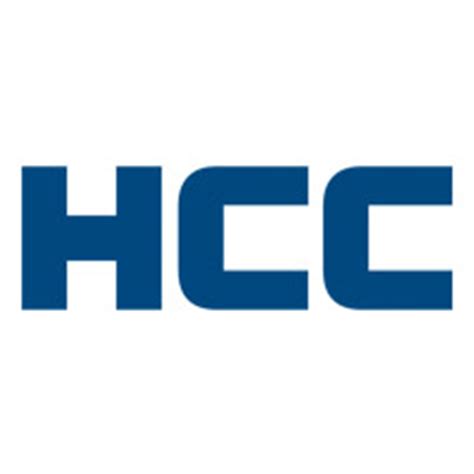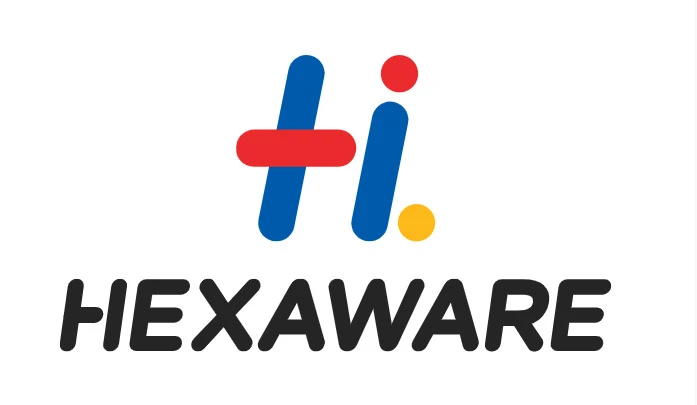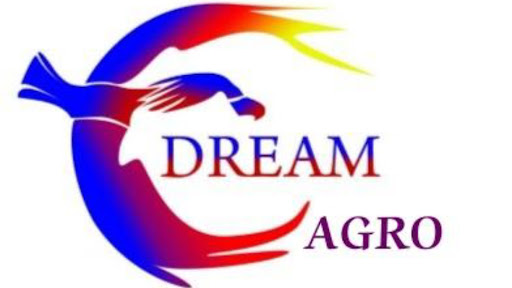Overview
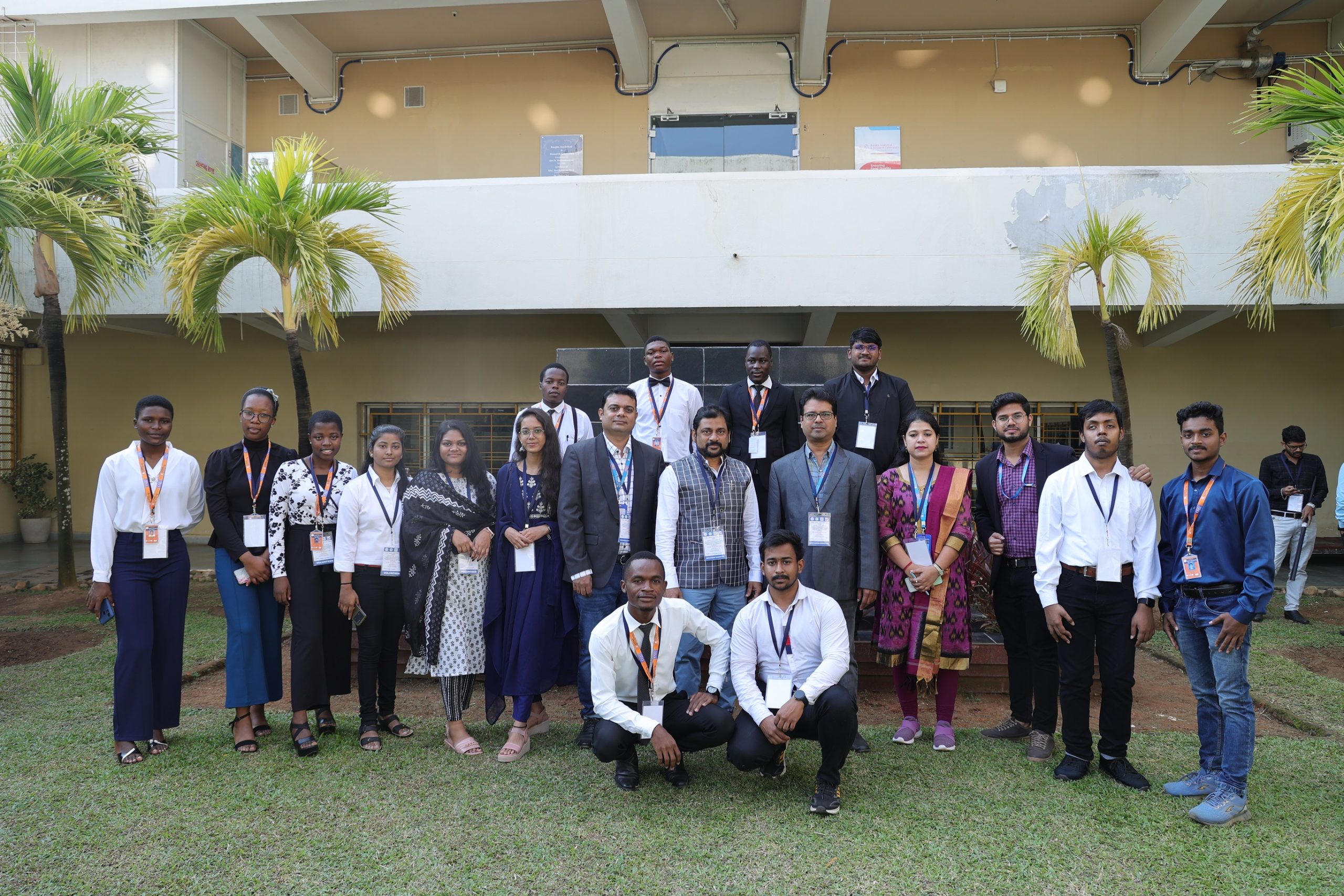
PROGRAM EDUCATIONAL OBJECTIVES (PEO’S)
PEO 1
Knowledge: Graduates of the program will be having strong theoretical background along with necessary skillset in pharmaceutical sciences and able to use these tools in pharmaceutical industry, hospitals and institutes or where ever in the area of profession they choose necessary for success.PEO 2
Core Competence:To provide students with a solid foundation in Pharmaceutics, Pharmaceutical Chemistry, Pharmacology and Pharmacognosy fundamentals as per the requirement of Pharmaceutical Industries, Community and Hospital Pharmacy. The Program aims to make students competent for future.PEO 3
Breadth: To train students with good knowledge along with practical efficiency in Pharmacodynamics, pharmacokinetics, Drug properties, synthesis, molecular modelling, formulation & development, analytical aspects in research and design. Extend this knowledge to create novel, herbal and synthetic pharmaceutical products for the benefit of life.PEO 4
Preparation: The philosophy of the institute is to prepare students to excel in postgraduate programs and also to succeed in pharmaceutical industry or in the profession wherever the student chose through innovative teaching methodologies that engage students in self-learning.PEO 5
Professionalism: To inculcate in students professional and ethical attitude, effective communication skills, teamwork skills, multidisciplinary approach and an ability to relate Pharmaceutical Sciences issues to broader social context.PEO 6
Evaluation: Graduates of the program will be able to evaluate pros and cons, benefits and deficiencies of the matter they studied, pharmaceutical technology they learned and ideology they observed in the field of pharmaceutical sciences.
PROGRAM OUTCOMES (PO’S)
PO1
Pharmacy Knowledge: Possess knowledge and comprehension of the core and basic knowledge associated with the profession of pharmacy, including biomedical sciences; pharmaceutical sciences; behavioral, social, and administrative pharmaceutical sciences; and manufacturing practices.PO2
Planning Abilities: Demonstrate effective planning abilities including time management, resource management, delegation skills and organizational skills. Develop and implement plans and organize work to meet deadlines.PO3
Conduct investigations of complex problems: Use research-based knowledge and research methods including design of experiments, analysis and elucidation of data and synthesis to provide valid conclusions.PO4
Problem analysis: Utilize the principles of scientific enquiry, thinking analytically, clearly and critically, while solving problems and making decisions during daily practice. Find, analyze, evaluate and apply information systematically and shall make defensible decisions.PO5
Modern tool usage: Learn, select, and apply appropriate methods and procedures, resources, and modern pharmacy-related computing tools with an understanding of the limitations.PO6
Leadership skills: Understand and consider the human reaction to change, motivation issues, leadership and team-building when planning changes required for fulfillment of practice, professional and societal responsibilities. Assume participatory roles as responsible citizens or leadership roles when appropriate to facilitate improvement in health and wellbeing.PO7
Professional Identity: Understand, analyze and communicate the value of their professional roles in society (e.g. health care professionals, promoters of health, educators, managers, employers, employees).PO8
Pharmaceutical Ethics: Honor personal values and apply ethical principles in professional and social contexts. Demonstrate behavior that recognizes cultural and personal variability in values, communication and lifestyles. Use ethical frameworks; apply ethical principles while making decisions and take responsibility for the outcomes associated with the decisions.PO9
Communication: Communicate effectively with the pharmacy community and with society at large, such as, being able to comprehend and write effective reports, make effective presentations and documentation, and give and receive clear instructions.PO10
The Pharmacist and society: Apply reasoning informed by the contextual knowledge to assess societal, health, safety and legal issues and the consequent responsibilities relevant to the professional pharmacy practice.PO11
Environment and sustainability: Understand the impact of the professional pharmacy solutions in societal and environmental contexts, and demonstrate the knowledge of, and need for sustainable developmentPO12
Life-long learning: Recognize the need for, and have the preparation and ability to engage in independent and life-long learning in the broadest context of technological change. Self-assess and use feedback effectively from others to identify learning needs and to satisfy these needs on an ongoing basis.
SYLLABUS
Semester-1
| Course Code | Name of the course | No. of hours | Tutorial | Credit points |
|---|---|---|---|---|
| BP 101T | Human Anatomy and Physiology I – Theory | 3 | 1 | 4 |
| BP 102T | Pharmaceutical Analysis – Theory | 3 | 1 | 4 |
| BP 103T | Pharmaceutics – Theory | 3 | 1 | 4 |
| BP 104T | Pharmaceutical Inorganic Chemistry – Theory | 3 | 1 | 4 |
| BP 105T | Communication skills – Theory * | 2 | - | 2 |
| BP 106RBT/ BP106RMT | Remedial Biology/Remedial Mathematics – Theory* | 2 | - | 2 |
| BP 107P | Human Anatomy and Physiology I – Practical | 4 | - | 2 |
| BP 108P | Pharmaceutical Analysis – Practical | 4 | - | 2 |
| BP 109P | Pharmaceutics – Practical | 4 | - | 2 |
| BP 110P | Pharmaceutical Inorganic Chemistry – Practical | 4 | - | 2 |
| BP 111P | Communication skills – Practical* | 2 | - | 1 |
| BP 112RBP | Remedial Biology – Practical* | 2 | - | 1 |
| Total | 34$/36# | 4 | 29/30 |
# Applicable ONLY for the students studied Mathematics / Physics / Chemistry at HSC and appearing for Remedial Biology (RB) course.
$ Applicable ONLY for the students studied Physics / Chemistry / Botany/Zoology at HSC/+2 Sc and appearing for Remedial Mathematics (RM) course.
Semester-2
| Course Code | Name of the course | No. of hours | Tutorial | Credit points |
|---|---|---|---|---|
| BP 201T | Human Anatomy and Physiology II – Theory | 3 | 1 | 4 |
| BP 202T | Pharmaceutical Organic Chemistry I – Theory | 3 | 1 | 4 |
| BP 203T | Biochemistry – Theory | 3 | 1 | 4 |
| BP 204T | Pathophysiology – Theory | 3 | 1 | 4 |
| BP 205T | Computer Applications in Pharmacy – Theory * | 3 | - | 3 |
| BP 206T | Environmental sciences – Theory * | 3 | - | 3 |
| BP 207P | Human Anatomy and Physiology II –Practical | 4 | - | 2 |
| BP 208P | Pharmaceutical Organic Chemistry I– Practical | 4 | - | 2 |
| BP 209P | Biochemistry – Practical | 4 | - | 2 |
| BP 210P | Computer Applications in Pharmacy – Practical* | 2 | - | 1 |
| Total | 32 | 4 | 29 |
Semester-3
| Course code | Name of the course | No. of hours | Tutorial | Credit points |
|---|---|---|---|---|
| BP 301T | Pharmaceutical Organic Chemistry II – Theory | 3 | 1 | 4 |
| BP 302T | Physical Pharmaceutics I – Theory | 3 | 1 | 4 |
| BP 303T | Pharmaceutical Microbiology – Theory | 3 | 1 | 4 |
| BP 304T | Pharmaceutical Engineering – Theory | 3 | 1 | 4 |
| BP 305P | Pharmaceutical Organic Chemistry II – Practical | 4 | - | 2 |
| BP 306P | Physical Pharmaceutics I – Practical | 4 | - | 2 |
| BP 307P | Pharmaceutical Microbiology – Practical | 4 | - | 2 |
| BP 308P | Pharmaceutical Engineering – Practical | 4 | - | 2 |
| BP 309P | Advanced spread sheets using Excel | 3 | - | 2 |
| Total | 31 | 4 | 26 |
Semester-4
| Course code | Name of the course | No. of hours | Tutorial | Credit points |
|---|---|---|---|---|
| BP 401T | Pharmaceutical Organic Chemistry III– Theory | 3 | 1 | 4 |
| BP 402T | Medicinal Chemistry I – Theory | 3 | 1 | 4 |
| BP 403T | Physical Pharmaceutics II – Theory | 3 | 1 | 4 |
| BP 404T | Pharmacology I – Theory | 3 | 1 | 4 |
| BP 405T | Pharmacognosy and Phytochemistry I– Theory | 3 | 1 | 4 |
| BP 406P | Medicinal Chemistry I – Practical | 4 | - | 2 |
| BP 407P | Physical Pharmaceutics II – Practical | 4 | 2 | |
| BP 408P | Pharmacology I – Practical | 4 | - | 2 |
| BP 409P | Pharmacognosy and Phytochemistry I – Practical | 4 | - | 2 |
| Total | 31 | 5 | 28 |
Semester-5
| Course code | Name of the course | No. of hours | Tutorial | Credit points |
|---|---|---|---|---|
| BP 501T | Medicinal Chemistry II – Theory | 3 | 1 | 4 |
| BP 502T | Industrial Pharmacy I– Theory | 3 | 1 | 4 |
| BP 503T | Pharmacology II – Theory | 3 | 1 | 4 |
| BP 504T | Pharmacognosy and Phytochemistry II– Theory | 3 | 1 | 4 |
| BP 505T | Pharmaceutical Jurisprudence – Theory | 3 | 1 | 4 |
| BP 506P | Industrial Pharmacy I – Practical | 4 | - | 2 |
| BP 507P | Pharmacology II – Practical | 4 | - | 2 |
| BP 508P | Pharmacognosy and Phytochemistry II – Practical | 4 | - | 2 |
| BP 509P | Python Programming | 3 | - | 2 |
| Total | 30 | 5 | 28 |
Semester-6
| Course code | Name of the course | No. of hours | Tutorial | Credit points |
|---|---|---|---|---|
| BP 601T | Medicinal Chemistry III – Theory | 3 | 1 | 4 |
| BP 602T | Pharmacology III – Theory | 3 | 1 | 4 |
| BP 603T | Herbal Drug Technology – Theory | 3 | 1 | 4 |
| BP 604T | Biopharmaceutics and Pharmacokinetics – Theory | 3 | 1 | 4 |
| BP 605T | Pharmaceutical Biotechnology – Theory | 3 | 1 | 4 |
| BP 606T | Quality Assurance –Theory | 3 | 1 | 4 |
| BP 607P | Medicinal chemistry III – Practical | 4 | - | 2 |
| BP 608P | Pharmacology III – Practical | 4 | - | 2 |
| BP 609P | Herbal Drug Technology – Practical | 4 | - | 2 |
| Total | 30 | 6 | 30 |
Semester-7
| Course code | Name of the course | No. of hours | Tutorial | Credit points |
|---|---|---|---|---|
| BP 701T | Instrumental Methods of Analysis – Theory | 3 | 1 | 4 |
| BP 702T | Industrial Pharmacy II – Theory | 3 | 1 | 4 |
| BP 703T | Pharmacy Practice – Theory | 3 | 1 | 4 |
| BP 704T | Novel Drug Delivery System – Theory | 3 | 1 | 4 |
| BP 705P | Instrumental Methods of Analysis – Practical | 4 | - | 2 |
| BP 706PS | Practice School* | 12 | - | 6 |
| BP 707T | Machine learning(ML) | 3 | 3 | |
| Total | 31 | 4 | 27 |
Semester-8
| Course code | Name of the course | No. of hours | Tutorial | Credit points |
|---|---|---|---|---|
| BP 801T | Biostatistics and Research Methodology | 3 | 1 | 4 |
| BP 802T | Social and Preventive Pharmacy | 3 | 1 | 4 |
| BP 803ET | Pharma Marketing Management | |||
| BP 804ET | Pharmaceutical Regulatory Science | |||
| BP 805ET | Pharmacovigilance | |||
| BP 806ET | Quality Control and Standardization of Herbals | |||
| BP 807ET | Computer Aided Drug Design | |||
| BP 808ET | Cell and Molecular Biology | 3 + 3 =6 | 1 + 1 = 2 | 4 + 4 =8 |
| BP 809ET | Cosmetic Science | |||
| BP 810ET | Pharmacological Screening Methods | |||
| BP 811ET | Advanced Instrumentation Techniques | |||
| BP 812ET | Dietary Supplements and Nutraceuticals | |||
| BP 813PW | Project Work | 12 | - | 6 |
| Total | 24 | 4 | 22 |
Eligibility Criteria
| Course | Description |
|---|---|
| B. Pharm (4 Years) | Candidates shall have passed 10+2 examination with science conducted by respective states/Central Government Authorities recognized as equivalent to 10+2 examination by the Association of Indian Universities (AIU) with English as one the subject and Physics, Chemistry, Mathematics (P.C.M) and /or Biology (P.C.B / P.C.M.B); and obtained at least 60% marks in the subjects ‘Physics, Chemistry, Mathematics or Biology taken together’. |
| LE B. Pharm (3 Years) | Candidate shall have passed D. Pharm. course from an institution approved by the Pharmacy Council of India under section 12 of the Pharmacy Act. |
| D. Pharm | Candidates shall have passed 10+2 examination with science conducted by respective states/Central Government Authorities recognized as equivalent to 10+2 examination by the Association of Indian Universities (AIU) and obtained at least 50% marks in the subjects ‘Physics, Chemistry, Mathematics or Biology taken together’. |
CAREER PATH YOU CAN CHOOSE AFTER THE COURSE
Pharmaceutical Industry: R & D, Production, QA, QC, Packaging, PMT, BD, Sales & Marketing, RA, IPM, PV, etc.
Administration/research (State/Central): Drug inspector, State/Central drug control labs, Pharmacists
Entrepreneurship: May establish own pharma industry/labs, retail or wholesale medicine shops.
Academics: Higher education (M.Pharm, M. Tech, MS, MBA, Ph.D.), Lectureship, Researcher.
Miscellaneous: IT/Banking/Insurance, Railway, Defense, Hospitals/Clinics, etc.




